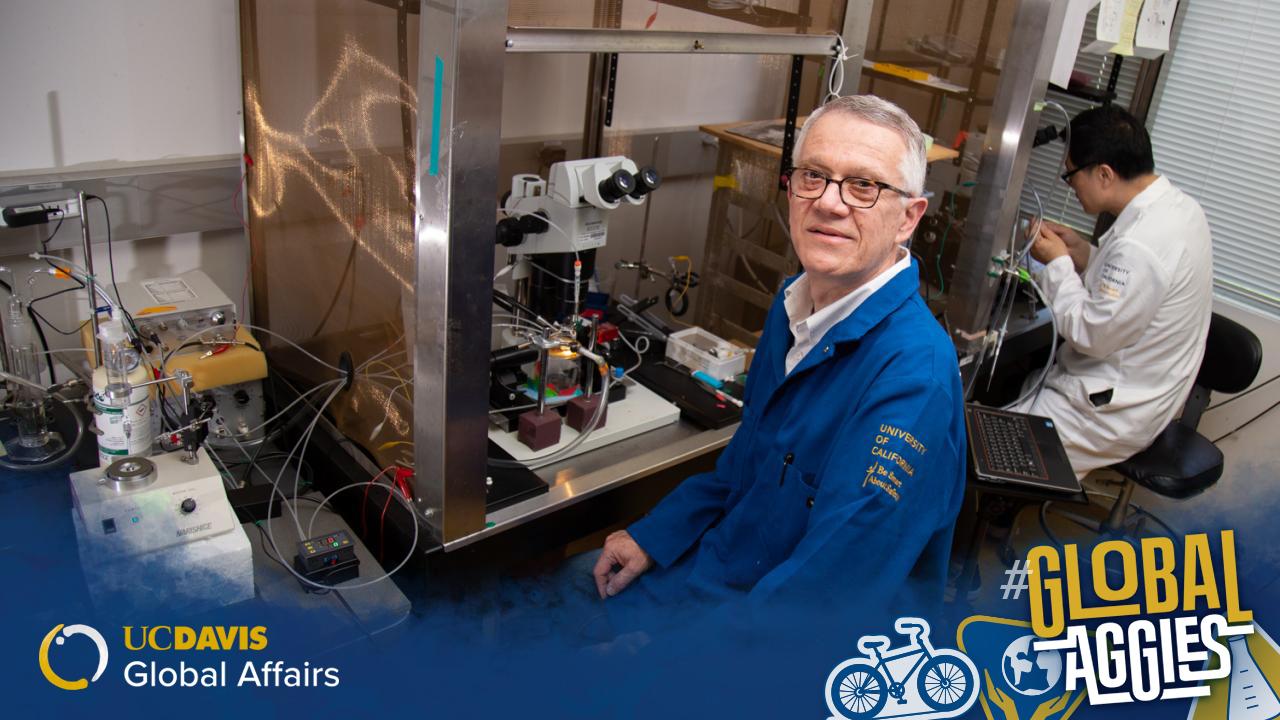
Global Aggies: Leading COVID Symposiums for the Global Good
At the onset of the COVID-19 pandemic, Walter Leal, a UC Davis distinguished professor in the Department of Molecular and Cellular Biology at the College of Biological Sciences, realized it was in the public’s best interest to have access to the medical experts at UC Davis. Given the state’s stay-at-home orders, he decided to organize and host virtual COVID-19 public awareness symposiums featuring colleagues and longtime collaborators as panelists and guest speakers.
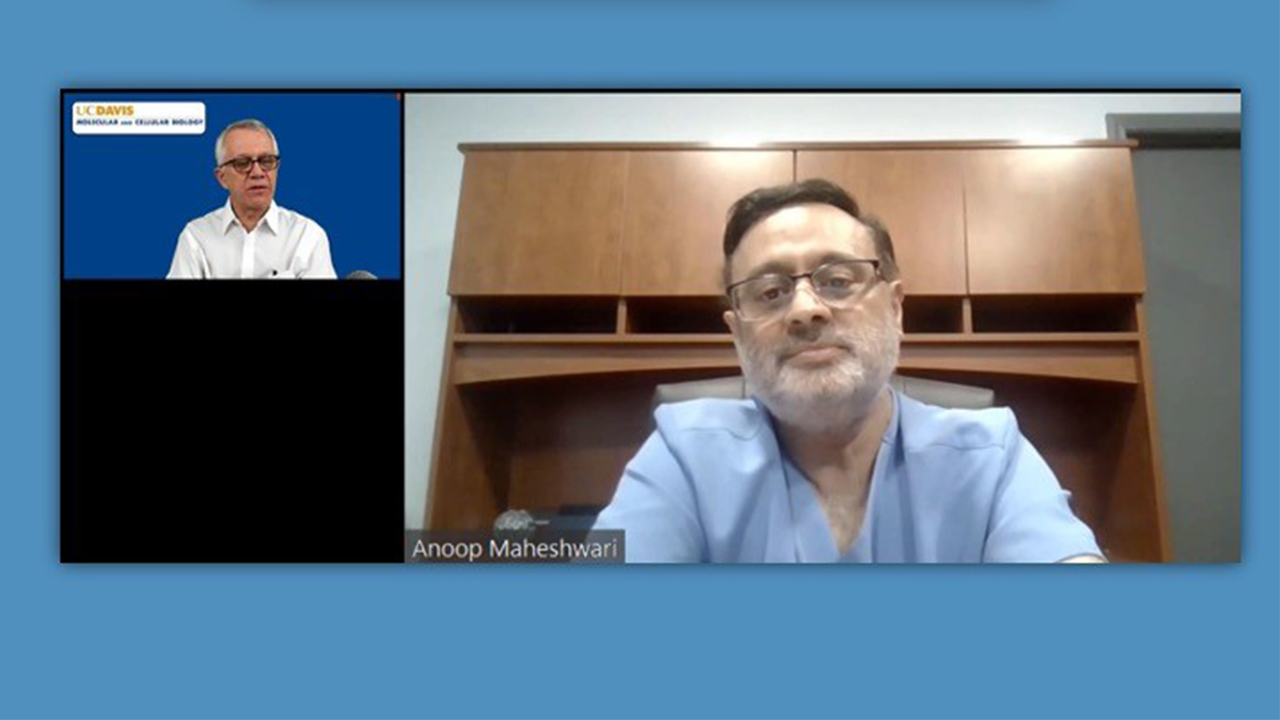
Broadcast live via Zoom and YouTube, each symposium panel features university experts in the fields of immunology, infectious diseases, pathology, emergency medicine, and more—all professionally qualified to address the public’s concerns from the vantage point of their respective fields.
“During the symposiums, the public learned a lot about the facts rather than getting anxious,” says Leal. “We put these panels together more like teaching seminars and hosted people who understand the subject. So I think it was a great service to the community and served the mission of the university well.”
Initially envisioned for residents of the greater Sacramento region, symposium attendance encompassed viewers from across the U.S. as well as Brazil, Canada, France, Germany, India, Indonesia, Mexico, Slovakia, and more than 25 other countries. To date, the symposiums have been viewed thousands of times online.
“At this university, we have the three major missions: teaching, research, and service,” Leal says. “So the symposiums were a great service for the public, and have been very well received near and far.”
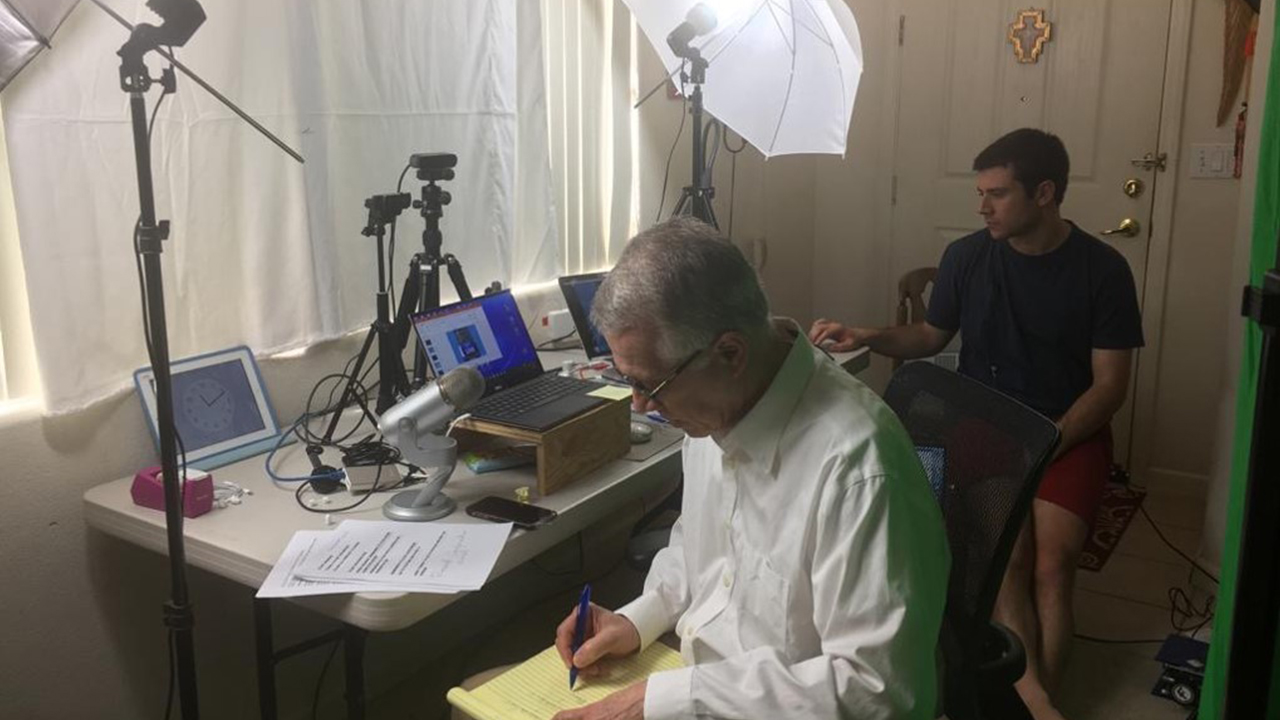
Global Collaborations for Global Research
While Leal is not a virologist or medical doctor, his research has helped to prevent the spread of diseases such as dengue, West Nile virus, and malaria. Leal’s most prominent work studying mosquito “communication” resulted in the discovery of how mosquitoes detect the insect repellent DEET—his team was the first to identify the specific olfaction receptor DEET acts on.
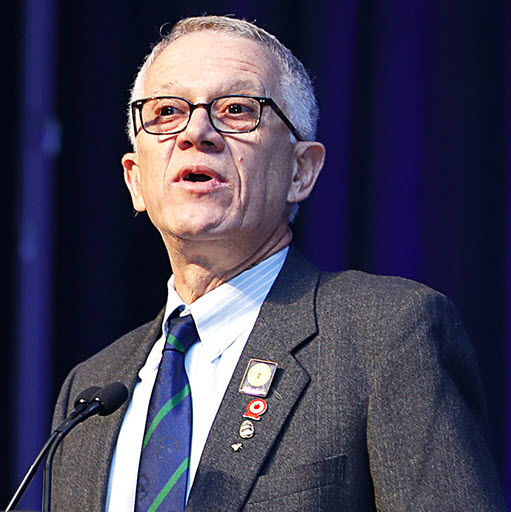
Owing in part to this pioneering work in insect olfaction, Leal has been inducted into the California Academy of Sciences and the Brazilian Academy of Sciences, serves as a fellow of both the National Academy of Inventors and the Entomological Society of America, and has been named an honorary fellow of the Royal Entomological Society.
A native of Brazil, Leal was educated in his home country—as well as in Japan and the U.S.—in the fields of chemical ecology, biochemistry, insect physiology, and olfaction. This multinational and transdisciplinary trajectory has resulted in collaborations around the globe—including an ongoing research partnership with a group of orange growers in São Paulo and the University of Brasília.
Part of this research takes place in the UC Davis Leal Lab through the work of visiting doctoral researcher Raquel Lima e Silva. A public servant with the Brazilian Health Surveillance Agency, she was granted a leave from the agency to pursue her Ph.D. program with the University of Brasília.
“The Brazilian government needed someone with more expertise, so they gave her a leave of absence to go to the University of Brasília, which sent her to us to conduct the experiment,” says Leal. “She is testing mosquito repellents derived from the plants of Brazil’s Cerrado savanna. So we are all interconnected. It’s very global.”
An example of this interconnected research can also be seen in the binational and interdisciplinary UC Davis/University of Brasília Symposium in September 2019, which Leal organized and attended as plenary speaker. Held in Brazil, the conference presentations brought together international experts in Leal’s field and helped advance his commitment to global collaboration and service.
Back home in his lab, Leal says visitors like Lima e Silva especially appreciate this interdisciplinary approach to collaboration because it makes what they are researching all the more useful and applicable to everyday life, instead of simply advancing research within their own field.
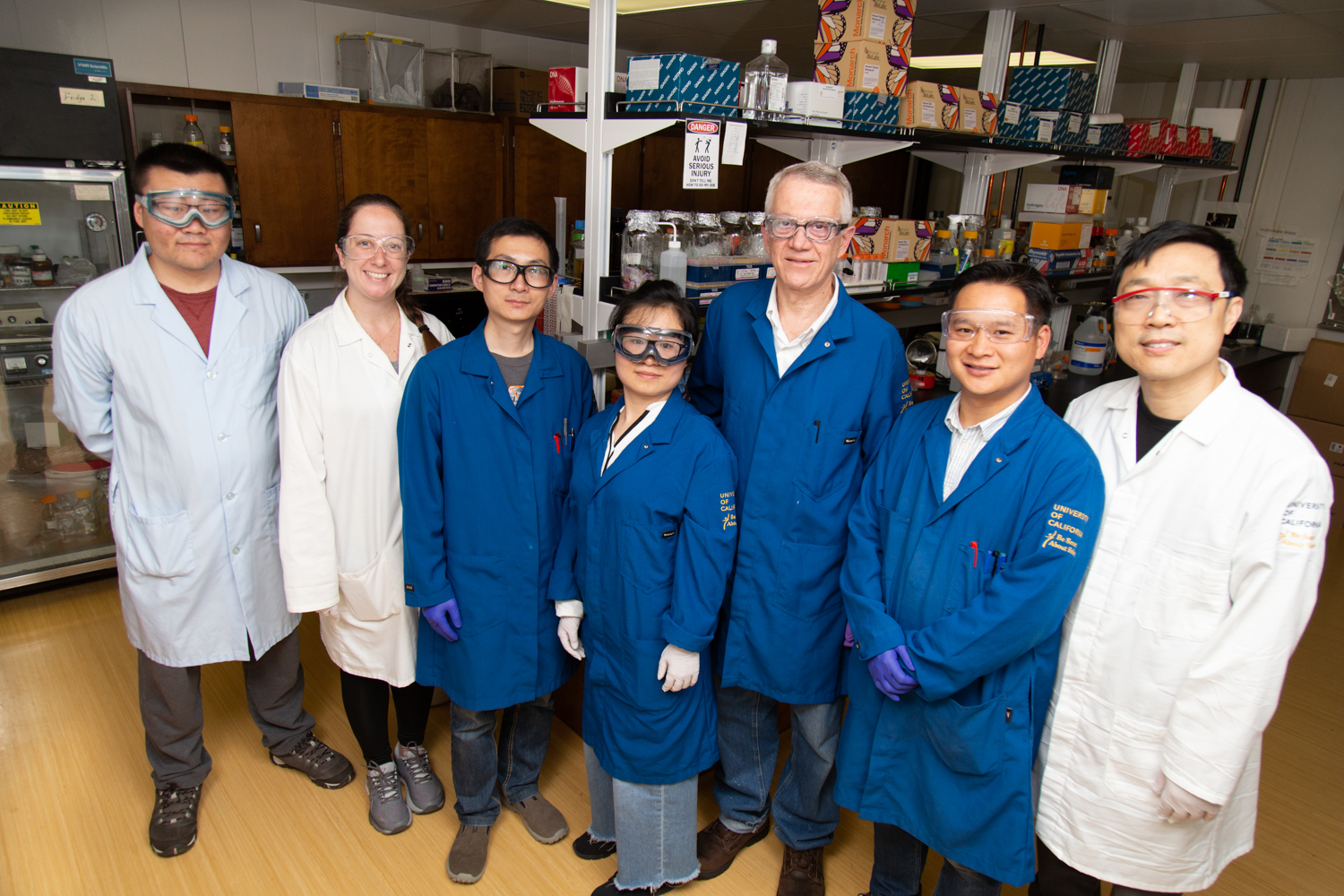
Global Classrooms for a Global Education
For Leal, this level of multifaceted engagement is just as important in the classroom as in the lab—an approach not lost on his students. At the beginning of the year, Leal received the 2020 Distinguished Teaching Award for Undergraduate Teaching from the Academic Senate.
“Especially nowadays, a student will not concentrate as much if you go and teach a class in the conventional way—here is my blackboard, and here’s what I draw, and here’s my PowerPoint, and here are my figures,” says Leal. “Students need more than that. So I like to incorporate technology to address this, and do some actual work for the students.”
Some examples of this include filming himself solving biochemistry problems to help students who get stuck; going back to the lab to record a video of himself explaining a problem in a different way, which he calls call e-clarification; and recording live broadcasts of his office hours for students who can’t physically attend due to scheduling conflicts.
When it comes to the Brazilian students whose lab research Leal virtually oversees, even an airport can become a classroom.
“If I fly through Rio de Janeiro, and there is a layover of say five, six hours, the students from the University of Rio come to the airport, and we have what they call airport seminars,” says Leal. “We use every opportunity possible to make our education global. That’s not anything new to me. I was born in Brazil, educated in Japan and live in the United States. I have to be global, right?”
About Global Affairs at UC Davis
Global Affairs brings the world to UC Davis, welcoming more than 10,000 international students, scholars and leaders, and hosting programs that inspire global curiosity, understanding and engagement. Compelled by the valuable outcomes of thinking globally, we make transformative opportunities a reality by supporting the thousands of students and faculty learning and researching internationally—and by facilitating collaborations that tackle the world’s most pressing challenges through more than 150 global partnerships.
Putting our vision of a UC Davis community that engages, thrives, and leads in this interconnected world into action, Global Affairs is in pursuit of an ambitious goal: Global Education for All.